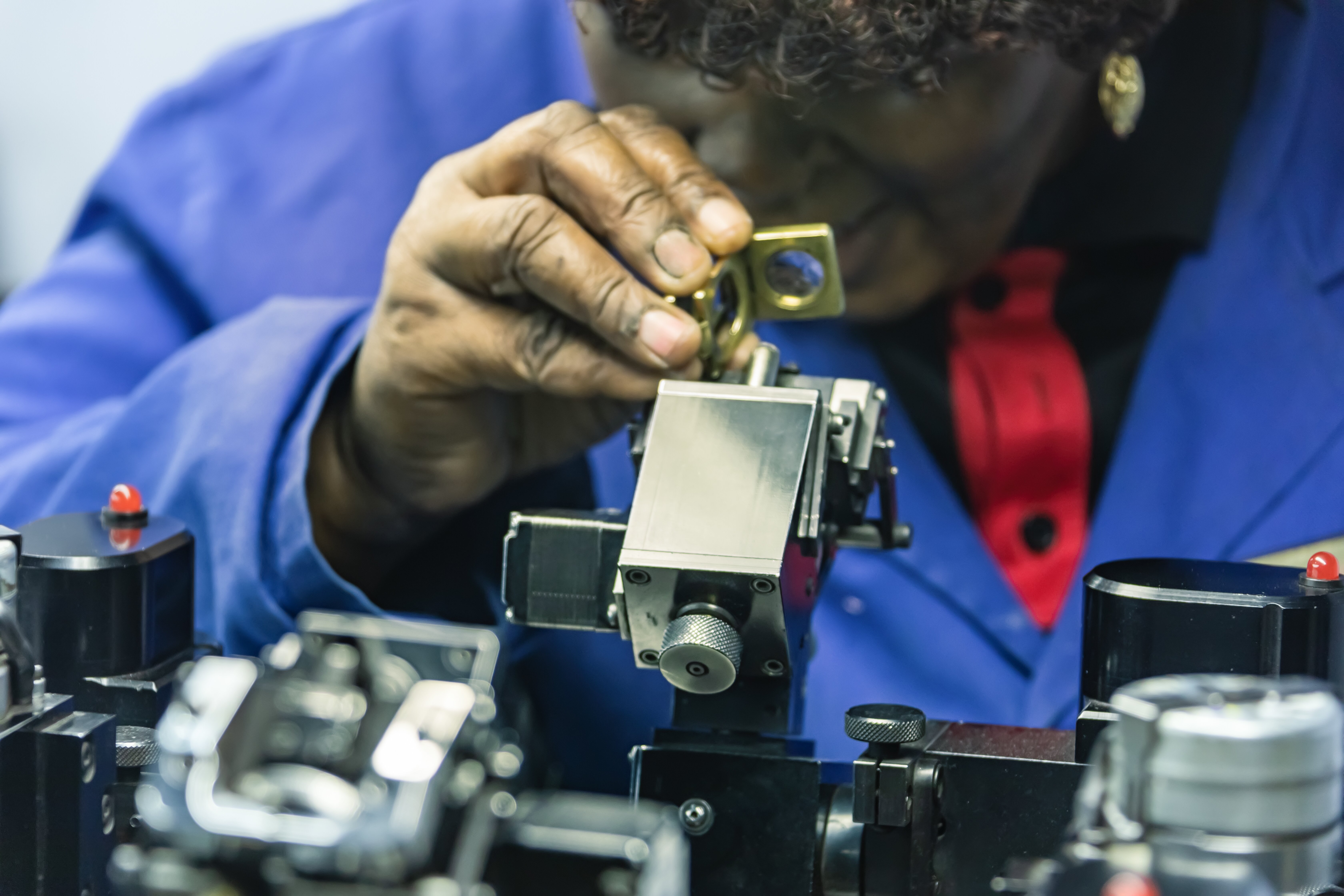In the aftermath of the 33rd African Union Summit on the theme “Silencing the guns”, we reaffirm AUDA-NEPAD’s role in peacekeeping in the name of economic and social development.
When Agenda 2063 was published, we had set a deadline of 2020 for the silence of arms. Once this dramatic observation has been made, we must draw the consequences and take the measure of what we must change or improve in order to guarantee peace and security for all Africans, which is an indispensable prerequisite for the development of our continent.
Our vigilance is unremitting so as not to leave any room for the proliferation of weapons. We must continue to reject violence and conflict. To this end, mechanisms for diplomatic cooperation and conflict resolution must be favoured, in line with the logic of “African solutions to African problems”.
Fighting the symptoms, certainly, but we also need to treat the root cause of the disease. And to achieve this, we will need to accelerate and amplify Africa’s economic and social development. The reforms undertaken are intended to be replicated and extended across the continent to meet basic human needs, including education, health, sanitation, food security, housing, drinking water and energy. The AU, the RECs and Member States have the primary responsibility for implementing development policies and programmes aimed at integrating the continent and having a positive impact on the livelihoods and well-being of all Africans, especially the youngest.
“We will continue to promote peace through job creation, through initial and vocational training in both urban and rural areas”
Thus, AUDA-NEPAD focuses on vocational training and entrepreneurship for women and youth by supporting the integration and alignment of TVET (Technical and Vocational Education and Training) in the national qualification frameworks of fifteen countries, from South Africa to Tunisia, Benin and Sierra Leone. The Agency is also involved in capacity building in the agricultural sector of twelve CAADP countries TVET. The EFPTA (Technical and Vocational Agricultural Education and Training) programme for women is already fully operational in six countries.
With the Skills Initiative for Africa (SIFA) programme in seven countries, we are supporting the empowerment and skills development of young people. National action plans for rural youth employment and entrepreneurship have been developed and validated in Benin, Cameroon, Malawi and Niger.
The 100,000 SMEs for 1 million jobs programme also aim to create opportunities for 1 million young people by 2021. Recommendations have been made to encourage initiatives to accelerate the reforms needed to improve the business environment and promote youth entrepreneurship.
Clearly, on a continental scale, these programmes are necessary but not sufficient. We will continue to promote peace through job creation, through initial and vocational training in both urban and rural areas, through the development of the health sector, through the protection of nature and the fight against global warming and its consequences in terms of population displacements, through the interconnection of countries and regions to facilitate trade and thus openness to others. We will continue to build and rebuild bridges and roads between peoples, where others are destroying everything in their path.


Published by